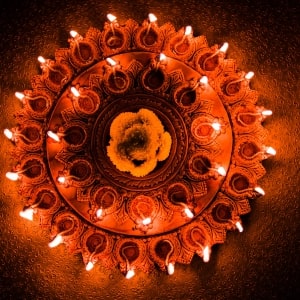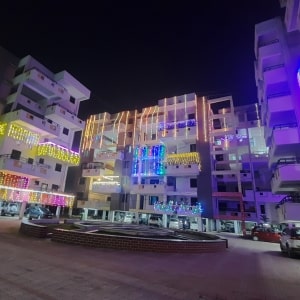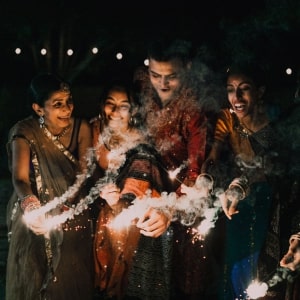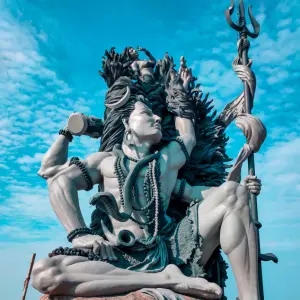Diwali, also known as Deepavali, is one of the most celebrated and cherished festivals in India and among Indian communities worldwide. Often referred to as the “Festival of Lights,” Diwali is a time of joy, unity, and cultural significance. But have you ever wondered why it is called the “Festival of Lights”? To truly appreciate the essence of Diwali, it is essential to understand the historical, cultural, and symbolic significance behind this evocative name.

Historical Significance Behind Why is Diwali called The Festival of Lights?
Diwali has its roots in ancient Indian history and has been celebrated for thousands of years. The name “Diwali” is derived from the Sanskrit word “Deepavali,” where “Deepa” means lamp or light, and “Avali” means a row. This festival commemorates several historical events, but one of the most prominent is the return of Lord Rama to Ayodhya after his 14-year exile and the defeat of the demon king Ravana. To welcome Rama and his wife Sita back to Ayodhya, the people of the city lit thousands of oil lamps or diyas to illuminate the path and signify the victory of light over darkness.
Symbolic Significance Behind Why is Diwali called The Festival of Lights?
The name “Festival of Lights” is not merely a description of the physical lamps that adorn homes and streets during Diwali. It carries a deeper, symbolic meaning. Light symbolizes the triumph of knowledge over ignorance and good over evil. The lighting of lamps is seen as a way to dispel the darkness of ignorance and herald a new era of enlightenment and wisdom. It is a reminder that we should strive to lead our lives in the light of truth and righteousness.
Spiritual Significance Behind Why is Diwali called The Festival of Lights?
For Hindus, Diwali has immense spiritual significance. It is a time for introspection, reflection, and seeking spiritual enlightenment. Lighting diyas and lamps is considered an act of offering to the gods and a way to purify one’s surroundings and thoughts. In addition to traditional oil lamps, people also light candles, electric lights, and firecrackers, creating a dazzling display of lights that fills the night sky. This illumination is believed to ward off evil forces and bring blessings and prosperity into one’s life.
Unity and Festivity
Diwali is a festival that unites people from diverse backgrounds, cultures, and religions. In India, it is celebrated not only by Hindus but also by Jains, Sikhs, and Buddhists. Each community may have its unique customs and legends associated with Diwali, but the common thread running through all these celebrations is the symbolic importance of light. The festival promotes unity and the spirit of togetherness, emphasizing that the light of love and compassion should transcend all barriers and differences.

Modern Interpretation
In modern times, the “Festival of Lights” has taken on new dimensions. While traditional oil lamps and diyas continue to be an integral part of the celebration, electric lights, colorful decorations, and illuminated displays have become common features. In recent years, there has been an increased focus on energy-efficient and eco-friendly ways to celebrate Diwali, with LED lights and solar lamps being popular choices.
Also Read: Why is Diwali Celebrated for 5 Days?
Diwali, the “Festival of Lights,” holds a special place in the hearts of millions. It is a time of renewal, enlightenment, and joy. The name itself encapsulates the profound meanings and symbolism associated with this festival. Diwali encourages us to be the light that dispels darkness, both within ourselves and in the world around us. It reminds us that even in the darkest of times, the light of hope, love, and unity can lead us towards a brighter future.





